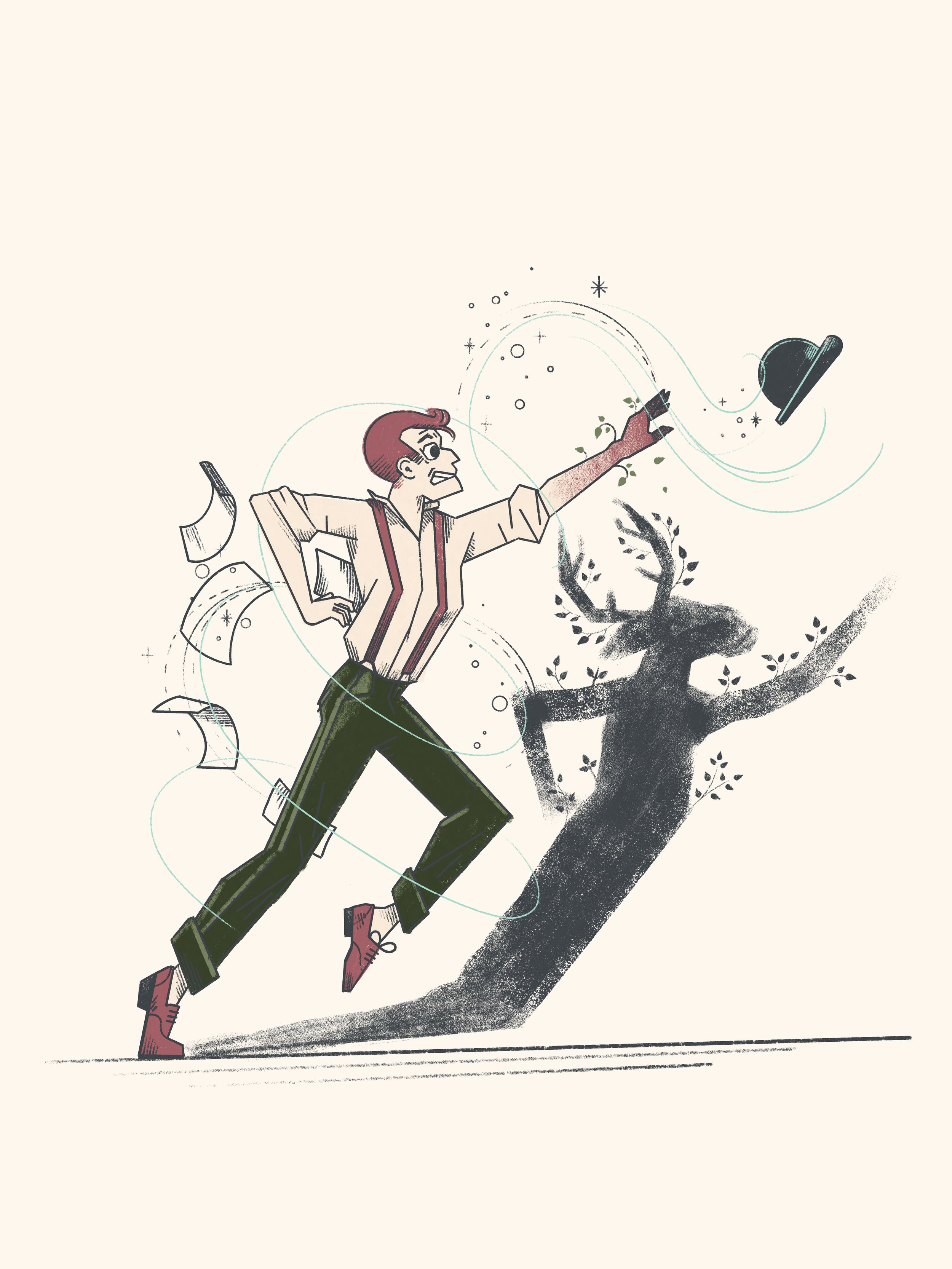Arcane Sources: Lived, Learned, and Lent
Scholars tend to sort arcana into three categories, depending on their particular “source.” It is important to note, however, that magic does not sit happily in little boxes crafted by academics, and neither do most spell casters. There are very few experienced magic users whose techniques couldn’t be sorted into at least two of the categories, if not all three.
Excerpt from an interview with Professor Tucker of Mt. Renna:
“Let’s look at some of Mt. Renna’s public figures, just as an example: Peak Gull, me, and Cleric Derrim. Peak Gull taps into the weather and can commune with the local flora and fauna. Me? I etch spells into metal and glass in order to make them hotter or heavier or whatever. Derrim can help a spirit go to rest, and he can probably heal people. I think. (Listen, he and I don’t talk a lot, I’m kinda guessing.)
“Anyway, the way we use our magic and what it looks like is different, sure, but what’s really important is where it comes from. Lived, Learned, Lent. Peak Gull’s magic came to her, just from living her life in a way that put her in constant contact with nature, with Brega. Me, though, I studied Arithmancy for years, worked on it until it clicked. I know how the energy flows, and I know what to do to make sure it flows where I want it to.
“And Derrim… I dunno, he prayed a bunch until Qorag threw him a bone.”
Lived
Spell casters who “live” magic sometimes seem to be born with access to the arcane, but more often then not, magic finds them later, blooming from some part of their daily life.
For example, a person living alone in the woods for years and years may one day realize that when they speak to the local warren of rabbits, it speaks back.
Or a travelling musician may discover that when she accompanies herself on the banjo, her audiences feet move more nimbly, and they speak with more confidence, finding both their body and their wit mystically bolstered by the bard’s own charm.
Learned
Spell casters who “learn” magic may find it difficult to imagine the other ways. If it took them such concerted effort to gain access to the arcane, then how could the “Lived” caster simply stumble upon it? Worse still, how could a “Lent” caster trust magic granted to them without any personal understanding of its inner-workings?
Arithmancers, the artificers of Mt. Renna, are the classic example of “Learned” casters. They typically weave spells using mathematics and geometry etched into solid materials. Of course, their work has some crossover with other, more artisanal artificers, who often create magical objects out of magical materials, rather than imbuing the magic themselves.
Regardless of what primary “L” category they fall into, virtually all spell casters can benefit from incorporating study and schooling into their arcana.
Lent
“Lent” casters are the most mysterious of the three categories. Their magic comes from bonds and bargains. The most common examples are the clergy, but lay people, too, can be granted boons from the divine and from arcane spirits. Furthermore, there are reports of casters who derived all of their magic from unique relics and artifacts.
Magic that has been Lent can be extremely powerful, extremely fickle, and thus extremely dangerous. Thus, it is very important that all of the Forgotten Gods are discovered and properly worshipped, to ensure that none of them are discovered by a follower with ill intent. Deities yearn for honor and respect, and if starved, they may strike a deal with the first power-hungry sycophant to come their way, regardless of their domain. Congress Monastery is the primary institution working towards recovering and cataloging the divine.




